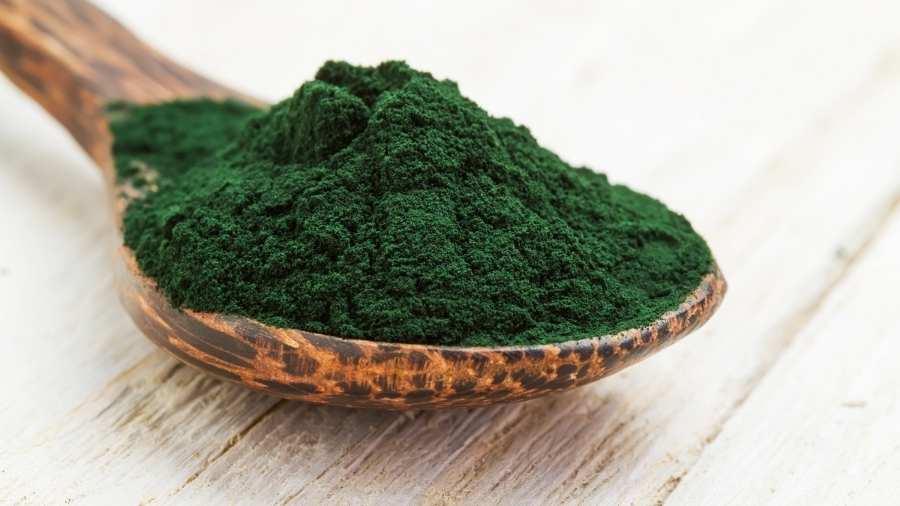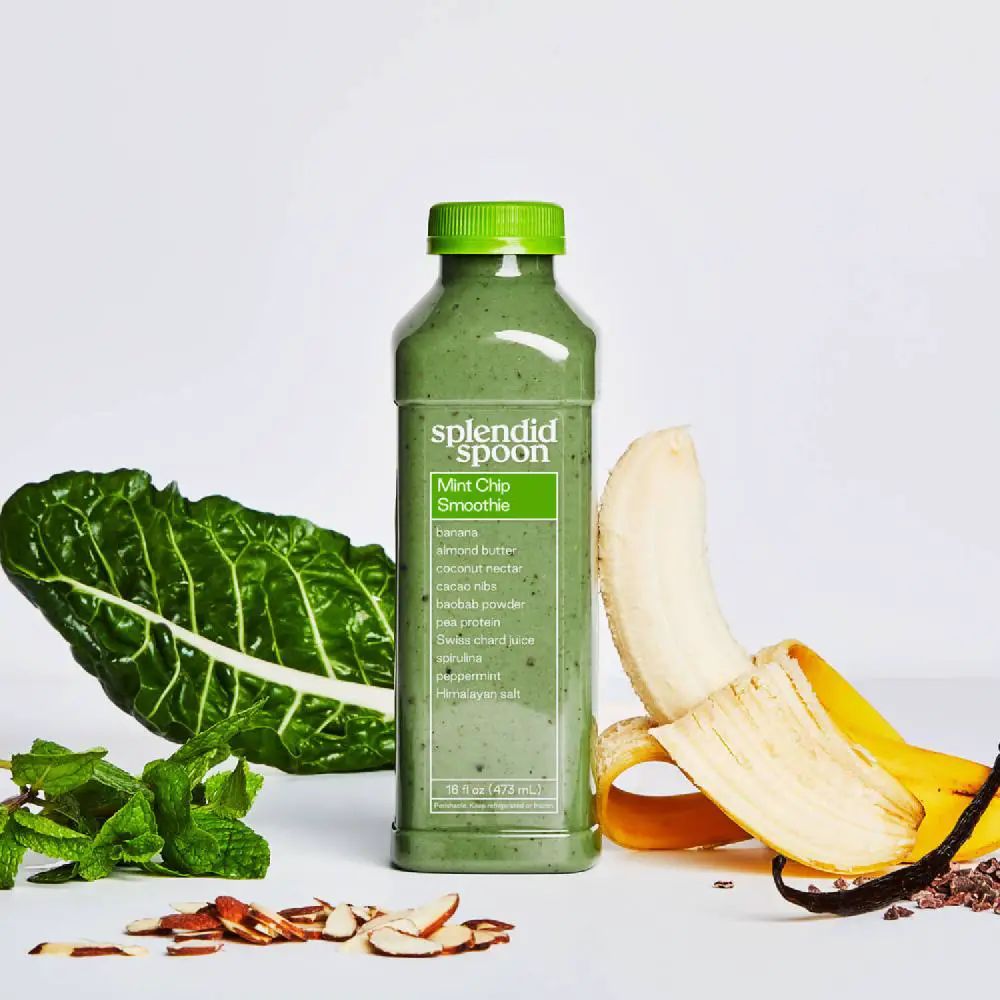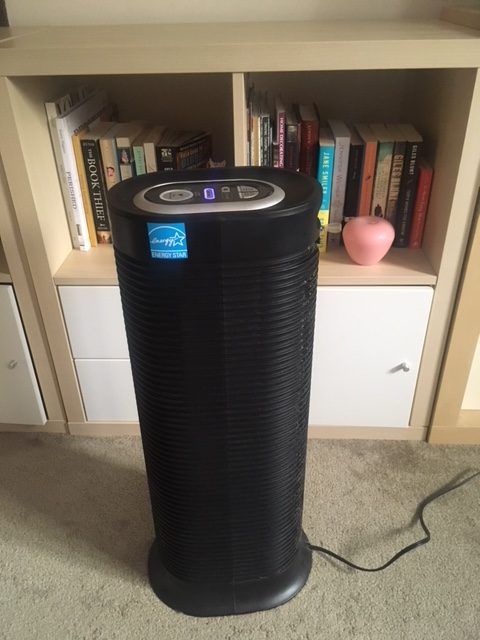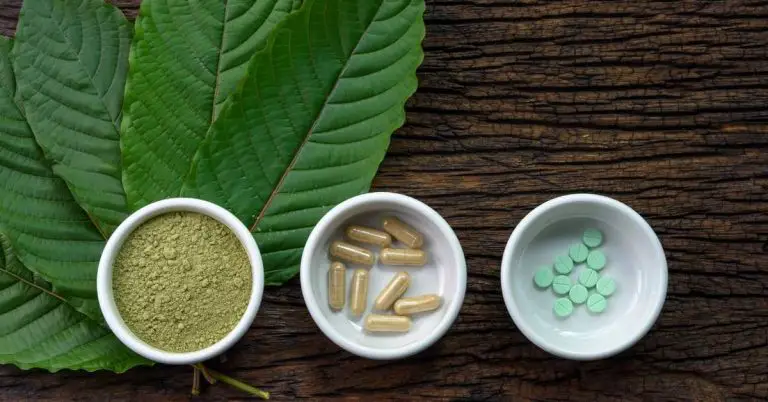Spirulina For Lung Health And Asthma: What You Need To Know
You may have heard of spirulina, a type of blue-green algae that can be taken as a supplement or ingested as a powder. It’s become very popular among health fanatics, and often with good reason.
Studies show that spirulina supplementation is beneficial for asthma, COPD and the lungs. Spirulina is a powerful antioxidant with many nutrients, and it may also be good for allergies, cough, nasal congestion, sinusitis and general health.
I have asthma, and I believe it’s important to do research before trying anything new to help alleviate my symptoms. Keep reading to see if spirulina is right for you.
What Is Spirulina & Why Do People Take It?
Spirulina is a protein-dense algae called cyanobacterium that grows in fresh and salt water. Humans have been eating it for thousands of years, and it became popular in the west after NASA started talking about growing it in space to feed astronauts. Since then, it remains popular, because of it’s highly nutritious profile. In fact, it is one of the most nutrient-dense foods on the planet, and very high in high quality protein.
In fact, here is what you will get in one tablespoon of spirulina
- Calories: 20
- Protein: 4 grams
- Fat: 1 gram
- Carbohydrates: 2 grams
- Fiber: 0 grams
- Sugar: 0 grams
- Vitamin B1 (thiamine): 11% of the RDA
- Vitamin B2 (riboflavin): 15% of the RDA
- Vitamin B3 (niacin): 4% of the RDA
- Copper: 21% of the RDA
- Iron: 11% of the RDA
- (source: Healthline and WebMD)
One reason spirulina is so healthy is because it is a powerful antioxidant with anti-inflammatory properties. Since asthma is caused by inflammation of the airways, I am always on the lookout for anti-inflammatory supplements. Most of my 6 best teas for asthma are anti-inflammatory (find them here), and it’s also a big part of the reason why CBD is so beneficial for asthma (learn more about how to use CBD for asthma here).
Because of its unique nutrition profile, spirulina may reduce blood pressure, may have anti-cancer properties, may improve strength and endurance, and can lower bad cholesterol and raise good cholesterol. And these are just some of the health benefits. In the rest of this article, I’ll explore the health benefits that specifically relate to lung health and that I think fellow asthma patients will be interested in.
Spirulina for Asthma
I became interested in using spirulina for asthma because of a 2015 study that found “long-term supplementation of spirulina for more than two months on daily basis can optimise an improvement of bronchial asthma.”
This study, published in the Journal of Nutraceuticals, Function and Medical Foods, focused on adults with mild to moderate bronchial asthma. The test group was given 1 gram of spirulina a day, and they showed the most significant improvement in lung function. Therefore, the researchers recommended that spirulina is a beneficial supplement for asthma patients.
Note, too, that the study found that spirulina worked best when administered with asthma medicine. This is a good place to remind you that none of the supplements I recommend on this asthma website can ever replace your medicine.
Another double blind placebo controlled clinical trial in 2018 further strengthens the case for spirulina and asthma. This study, in The Journal of Allergy and Clinical Immunology, used spirulina as a supplement for children aged 7-14 years old with asthma. The children in the test group were given 1000-2000 mg of spirulina daily for three months. Their lung function improved significantly at the end of the trail. The study therefore concluded that “daily supplementation with Spirulina significantly improved asthma control.”
Spirulina for COPD
COPD (chronic obstructive pulmonary disease) is another chronic condition that affects the lungs. Similar to asthma, people with COPD suffer from breathing trouble, mucus, and wheezing. So I was curious to see if spirulina supplementation would also benefit patients with COPD.
A 2015 study in the BioMed Research International Journal observed “favorable effects of spirulina intervention on blood lipids and antioxidant status, in our targeted patients with chronic obstructive pulmonary disease (COPD). Our results also suggest that spirulina is a promising agent as a functional food for the management of COPD.”
In this case, subjects were all adults who supplemented with spirulina for two months.
Spirulina for Allergies and Sinuses
Many people with asthma also suffer from allergies and sinus issues like I do. Research is showing that spirulina may provide relief for these conditions as well.
A 2008 double blind, placebo-controlled study found that supplementing with spirulina can really help those suffering from allergic rhinitis. It found that spirulina “significantly improved the symptoms and physical findings compared with placebo … including nasal discharge, sneezing, nasal congestion and itching. Spirulina is clinically effective on allergic rhinitis when compared with placebo.”
This study came on the heels of a 2005 study that found similar results – that spirulina could help modulate allergic rhinitis.
These studies iare particularly promising, because hay fever is so hard to control with traditional medicine. Anyone who suffers from allergies is always looking for effective alternatives, and spirulina may be one that offers some relief.
And if you’re looking for more ways to get nasal congestion relief, check out this article.
Spirulina for Coughing
There are some claims that spirulina may improve immune function and therefore leads to less coughs and colds. I wasn’t able to find any scientific research to back up this idea, but anecdotally, I do find this gentlemen’s experience compelling:
What You Need To Know Before Taking Spirulina
Spirulina may sound like a wonder-supplement, and for many people, it may be. But there are a few things to keep in mind before adding it to your diet.
First, it is extremely important that you only buy spirulina that is grown safely. Contaminated spirulina may contain toxic metals, harmful bacteria and microcystins, all of which can lead to a host of side effects, ranging from nausea and vomiting to even liver damage and death. To help avoid these risks, look for spirulina that is third-party tested by organizations like U.S. Pharmacopeia (USP), ConsumerLab, or NSF International. Note that it is rare but also possible to be allergic to spirulina.
Second, if you are pregnant or nursing, you should not take spirulina. Spirulina can also aggravate the genetic condition phenylketonuria, so people who have this condition should also avoid spirulina.
Third, spirulina may slow blood clotting, so you should not take it if you’re on blood thinners or have a bleeding disorder.
Fourth, spirulina boosts your immune system, which is normally a good thing – unless you have an autoimmune disease like MS, lupus or rheumatoid arthritis. It may also lessen the effect of immunosuppressants.
Spirulina may also interfere with other medications.
For all these reasons, you should talk to your doctor before supplementing with spirulina. They can also help you figure out the right dose for you.
A final note. Safe, high-quality spirulina is not cheap. If you can’t afford it, don’t feel discouraged. There are lots of affordable and even free ways to really make a dent in your asthma symptoms – see some of my favorite (and cheap) asthma-fighting strategies here.
How To Use Spirulina
There are two main ways to add spirulina to your diet – as a supplement, and as a powder.
If you choose to take it as a powder (like this one), know that it has a strong, seaweed-y taste that many people find unpleasant. Some people drink it alone in a glass of water, but I wouldn’t be one of those people! Instead, I recommend that you add it to smoothies.
I highly recommend that people with asthma add smoothies to their diet, because it’s an easy and enjoyable way to eat more fruits and vegetables (see why fruit and vegetables are so important for asthmatics here). Blend spirulina into a sweet smoothie, and you shouldn’t be able to taste it.
If you’d like an even easier way to get your smoothies in, I’m a big fan of Splendid Spoon. They deliver fresh and delicious smoothies right to your door (like ‘mint chip’ made with swiss chard, cacoa nibs, mint AND spirulina, and the ‘mango guava,’ made with camu camu, guava and flax seeds), so there’s no messing with your blender. They also deliver vegetable-packed soups and meals, making this a great meal delivery service for people with asthma.
Be sure to check their website because they often offer big discounts for new signups, or follow this link to get $10 off your first order (affiliate link – no extra cost to you).
Final Thoughts
My approach to treating my asthma is holistic. I think it’s important to be giving our whole bodies what they need.
Any time I try something new to help manage my asthma symptoms, I like to journal and keep track. This helps me know for sure if something is ‘working.’ Learn some tips on how to journal for asthma management here.
So if you think spirulina might be right for you, talk to your doctor, find a high quality source, and keep an open mind!









